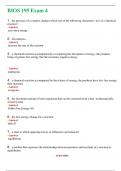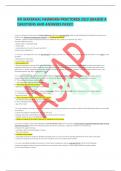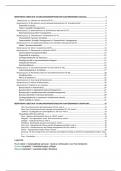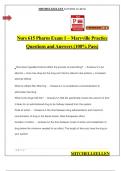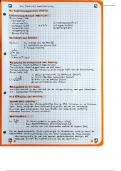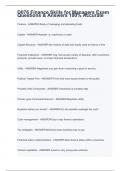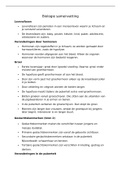The Moral Compass of Contemporary Health
Faculty of Health, Medicine and Life Sciences
Bachelor Gezondheidswetenschappen
Maastricht University
GZW2224
Jessie Janssen
Working-lecturer: Dorothee Horstkötter
I6199076
, Care or control for ‘persons with confused behaviour’
Stage 1. Spontaneous response and gut feeling
The term ‘confused persons’ has been of growing significance in media and in studies in the
recent years. Often, these persons are corelated to having some mental health problem and
society feels the need to control these persons. The question that arises, however, is: ‘what is
normal behaviour?’. Could the problem not partially be that society’s idea of the ‘normal’ is
too strict, and any person diverging from this is considered ‘confused’? The neoliberal state
gives the impression that it withdraws itself as much as possible, and therefore leaves the
‘self-reliant’ citizens as free as possible. In practise, we are moving in the direction of a
sophisticated surveillance system in which citizens participate voluntarily, making it almost
impossible to deviate (van Dijk, 2019).
In my opinion, the normalization of behaviour in today’s society is a double-edged sword. On
the one hand, when encountering so-called ‘confused’ people in the streets or elsewhere, one
feels uncomfortable and the need for control is therefore understandable. One does not know
what such people are capable of, and one often compares such situations with unpleasant
happenings which have been in the news. On the other hand, society’s definition of ‘normal’
is not as clear-cut as a law or as mathematics, but it is subjective. If a person labelled as
‘confused’ is taken in by the police for screaming on the street, is that righteous? Can moral
codes and norms set by our own societal standards be mixed with our system of justice and
laws? Thus, can a person be penalized (under law) for acting un-normal according to the
majority of society?
Lately, I have been reading quite a lot about ‘confused persons’ in the news and on social
media. However, you also read stories of people who are falsely accused of acting ‘confused’,
and therefore are incorrectly labelled as a ‘confused person’. In my opinion, every situation
should be handled as an individual case, and people who show confused behaviour should not
be labelled as such before the problem and cause of the confusion has been sorted out.
Therefore, my ethical question goes as follows: what is the line between normal and confused
behaviour and when are we allowed to act upon it?
(word count: 367)
Stage 2. Reflection about justice in the case


